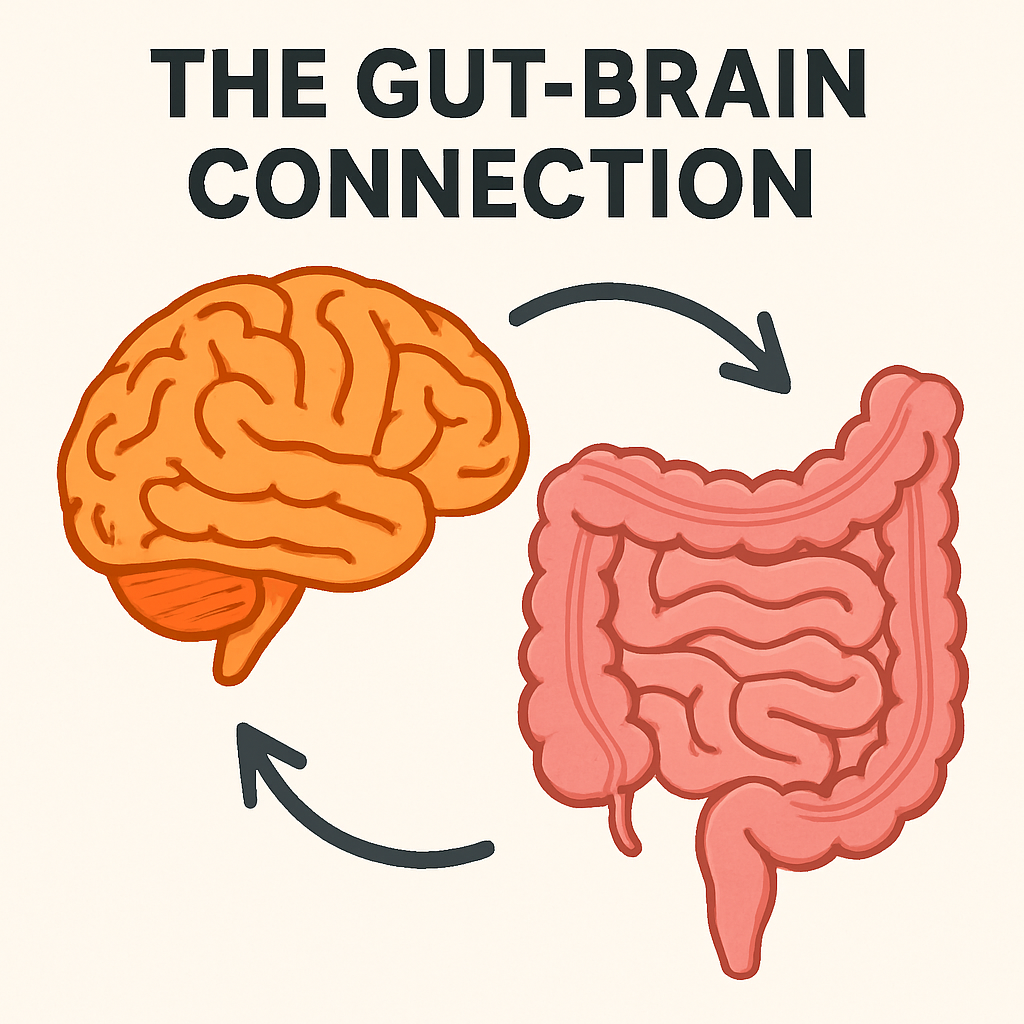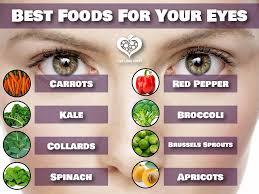The Gut-Brain Connection: How Your Stomach Talks to Your Mind

For centuries, the brain was viewed as the master controller of the body, while the gut was merely a passive digestive organ. However, recent scientific discoveries have turned this idea on its head. The gut and brain are intricately connected through a complex communication system that influences mood, behavior, immunity, and even chronic illness. This interaction, known as the gut-brain axis, is reshaping how we understand mental and physical health.
1. Understanding the Gut-Brain Axis
The gut-brain axis is the bidirectional communication network that links the central nervous system (the brain and spinal cord) with the enteric nervous system (the vast network of neurons in the gut). This means that your gut can send signals to your brain—and your brain can talk back.
There are three main channels through which this communication happens:
Nervous System: The vagus nerve, the longest cranial nerve, is the primary route that transmits signals from the gut to the brain. It plays a vital role in controlling digestion, mood, heart rate, and more.
Hormones and Neurotransmitters: The gut produces over 30 neurotransmitters, including serotonin, dopamine, and GABA. In fact, around 90% of the body's serotonin—a key mood regulator—is produced in the gut.
Immune System: The gut contains over 70% of the body's immune cells, meaning it plays a major role in managing inflammation, which is closely linked to mental health issues like depression and anxiety.
2. The Role of the Microbiome
One of the most exciting areas of gut-brain research involves the gut microbiome—the trillions of bacteria, viruses, and fungi that live in your digestive tract. These microbes help digest food, synthesize vitamins, and regulate your immune system. But they also influence your brain.
How Microbes Affect the Brain:
Neurochemical Production: Certain bacteria can produce neurotransmitters like GABA and dopamine, directly influencing brain function and mood.
Blood-Brain Barrier Integrity: A healthy microbiome helps maintain the blood-brain barrier, protecting the brain from harmful substances.
Stress Response: Microbiota can affect how the body responds to stress by interacting with the hypothalamic-pituitary-adrenal (HPA) axis.
An imbalance in gut bacteria—known as dysbiosis—has been linked to a range of mental health disorders, including anxiety, depression, autism, and even Alzheimer’s disease.
3. Gut Feelings Are Real
Have you ever felt “butterflies” in your stomach when you're nervous or had a “gut feeling” about a decision? That’s not just poetic language—it reflects a biological reality.
The enteric nervous system (ENS), often called the “second brain,” is a web of over 500 million neurons embedded in the lining of the gut. While it doesn’t help you write poetry or solve math problems, it plays a critical role in digestion and communicates constantly with the brain.
When you feel stressed or anxious, the brain sends distress signals to the gut, often leading to symptoms like bloating, cramping, diarrhea, or constipation. Likewise, a troubled gut can trigger mood swings, fatigue, and even cognitive fog.
4. Mental Health and the Gut
Depression and Anxiety
Multiple studies have shown that people with depression and anxiety often have different gut microbiota than healthy individuals. An inflamed or imbalanced gut can lead to chronic low-grade inflammation, which is now believed to contribute to mood disorders.
Stress
Chronic stress weakens the gut barrier, allowing harmful substances like toxins or bacteria to leak into the bloodstream—a condition known as “leaky gut.” This, in turn, triggers inflammation and immune responses that can affect the brain.
Autism Spectrum Disorder (ASD)
Children with autism often experience gastrointestinal issues. Research suggests that altered microbiota might influence brain development and behavior in early life.
5. Nutritional Psychiatry: Food for Thought
A growing field called nutritional psychiatry focuses on how diet affects mental health via the gut. Foods rich in fiber, antioxidants, and healthy fats support a diverse and healthy microbiome, which in turn promotes better brain function.
Gut-Friendly Foods:
Probiotics: Yogurt, kefir, kimchi, sauerkraut, and miso contain live beneficial bacteria.
Prebiotics: Garlic, onions, bananas, and oats feed good gut bacteria.
Omega-3 Fatty Acids: Found in fatty fish, flaxseed, and walnuts; these reduce inflammation.
Fermented Foods: These help balance the gut flora.
Fiber-Rich Plants: Crucial for gut health and regular bowel movements.
Conversely, diets high in processed foods, sugar, and artificial sweeteners can disrupt the microbiome and impair brain function.
6. How to Support Your Gut-Brain Health
To improve your gut-brain axis, consider incorporating the following habits:
Eat a balanced diet rich in plant-based, fermented, and whole foods.
Manage stress through techniques like mindfulness, meditation, yoga, or deep breathing.
Exercise regularly to stimulate gut motility and boost mood.
Sleep well—both gut health and mental function rely on quality rest.
Avoid unnecessary antibiotics, which can wipe out beneficial gut bacteria.
Stay hydrated to help digestion and detoxification.
Supplements like probiotics and prebiotics can also be beneficial, but it’s best to consult a doctor or nutritionist before starting them.
7. Future of Research: New Frontiers
While much has been discovered, the gut-brain connection is still a rapidly developing field. Scientists are now exploring:
Psychobiotics: Probiotics that specifically impact mental health.
Fecal transplants: Used in extreme cases to restore a healthy microbiome.
Microbiome profiling: Personalized nutrition and medicine based on your unique gut bacteria.
As our understanding deepens, the gut-brain axis may offer revolutionary insights into treating not only digestive disorders but also depression, anxiety, and neurodegenerative diseases.
Conclusion
The idea that our gut could shape our thoughts, emotions, and mental well-being might have once seemed far-fetched. But today, science confirms that the gut and brain are deeply intertwined. A healthy gut leads to a healthier brain—and vice versa. The gut-brain connection is a powerful reminder that mental and physical health are not separate, but two sides of the same coin. Nourishing your gut may be one of the most important things you can do for your mind.



